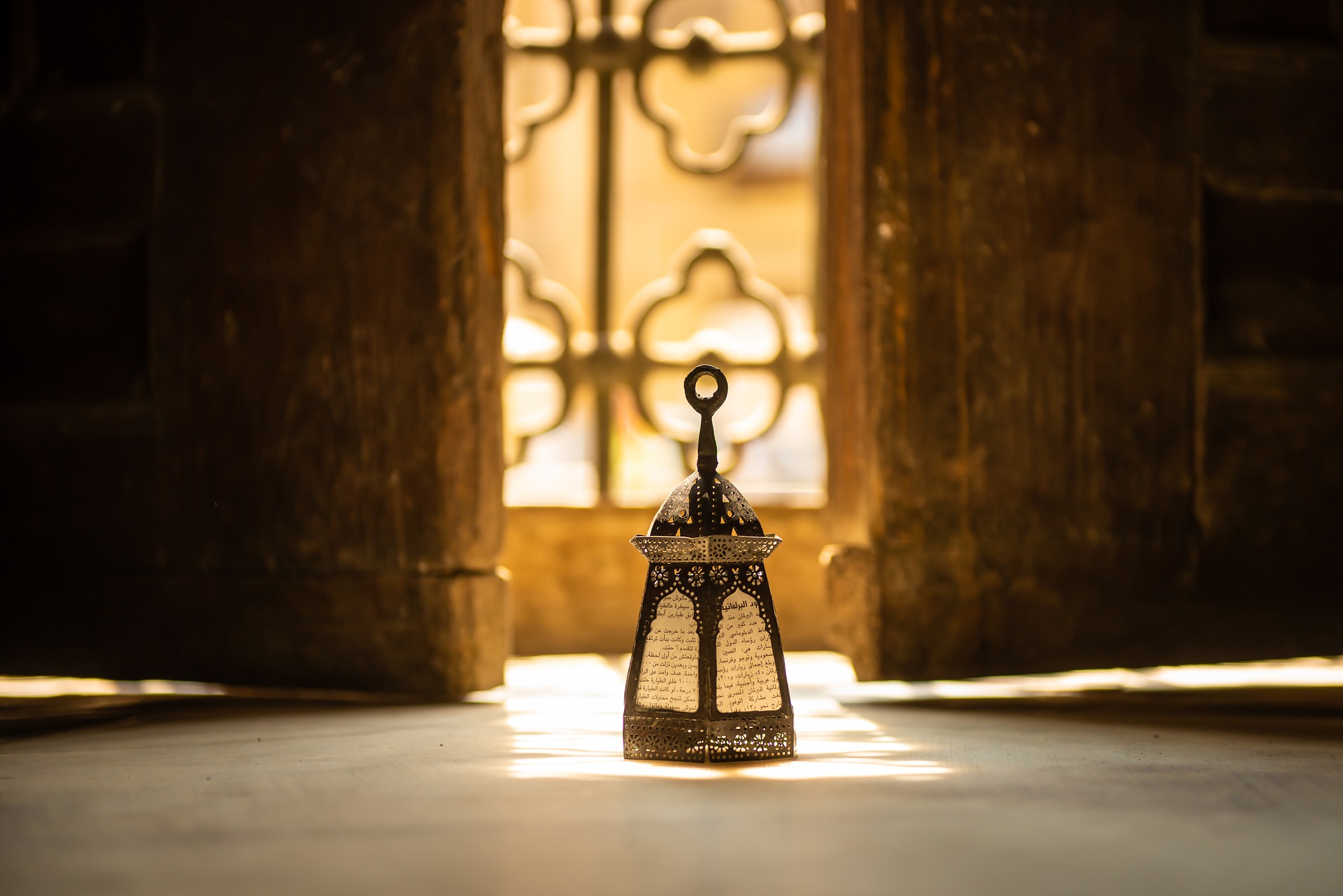Article by the Talent and Organisational Development team
Ramadan begins on the evening of Saturday 2 April and ends on the evening of Sunday 1 May 2022.
Muslims follow the lunar calendar, so the exact start and end dates depend on the sighting of the moon so these dates can vary slightly.
Ramadan is followed by the festival of Eid al-Fitr which for the year 2022 is celebrated/ observed on sundown of Monday 2 May ending at sundown on Tuesday 3 May.
What is Ramadan?
Ramadan is the name of the ninth month of the Islamic calendar.
Muslims believe it is the month during which the Qur’an was revealed to the Prophet Muhammad (peace be upon him) over 1400 years ago. Ramadan is the holiest month of the year for Muslims and it is considered that the reward of good deeds during this month are multiplied several fold.
During Ramadan, from dawn until sunset, Muslims are obliged to abstain from all forms of food, drink (including water), smoking and sexual activity. Most Muslims will wake before dawn for a meal before the start of their fast (also known as Suhoor), and break their fast (also known as Iftar) with dates and water at sunset, and then a meal.
This year, fasts in the UK will last around 14-15 hours. The start and end times vary as the month progresses.
Fasting during Ramadan is one of the five pillars of Islam. The overall purpose of the fast is to gain Taqwa (which means to gain piety or God consciousness). This is achieved through an increase in prayers, reading the Qur’an, self-reflection and self-discipline.
What is Eid al-Fitr?
Eid al-Fitr is celebrated on the first day of the month of Shawwal, which follows Ramadan as the 10th month of the lunar-based Islamic calendar.
Its name comes from an Arabic term which translates as the “feast of breaking the fast” and, although not a public holiday in the UK, it is for many Muslim countries.
It marks the end of Ramadan and was originated by the prophet Muhammad. It is one of two global festivals celebrated by Muslims every year, the other being Eid al-Adha, which falls later in the summer and honours Abraham’s willingness to sacrifice his son to Allah.
Eid al-Fitr is celebrated for one to three days, depending on the country. Fasting is forbidden on the Day of Eid, in contrast to the 30 days that came before.
Find out more
For further information and guidance:
- Howtostayhealthyduringramadanguidelines.pdf
- Inclusive employers Ramadan 2022 fact sheet.
- All usual facilities are available on campus (prayer rooms, access to the mosque etc)
- Religion and belief – Equality, Diversity and Inclusivity – University of Kent
